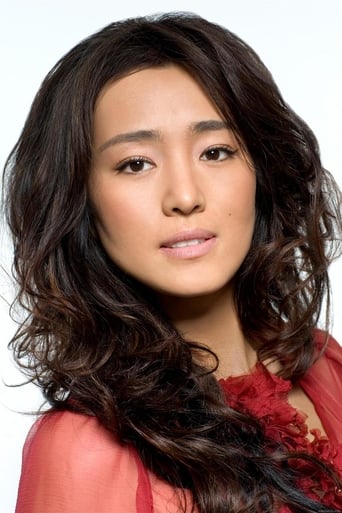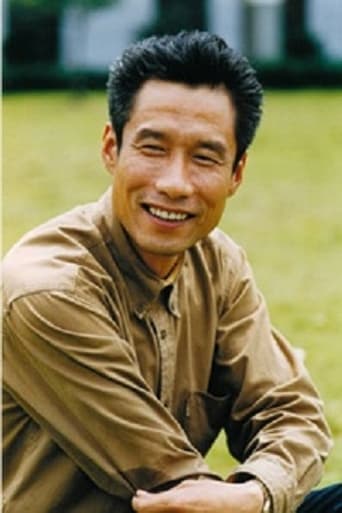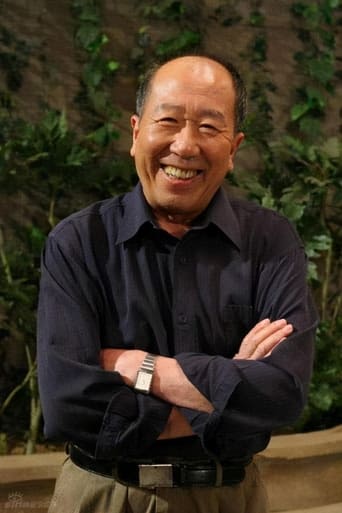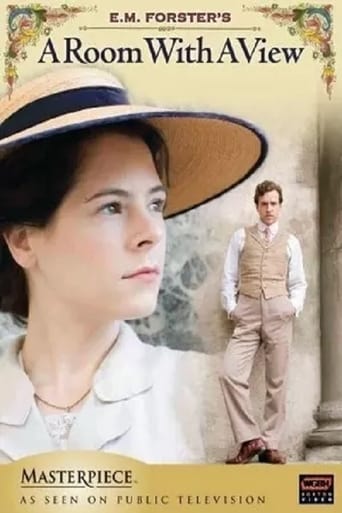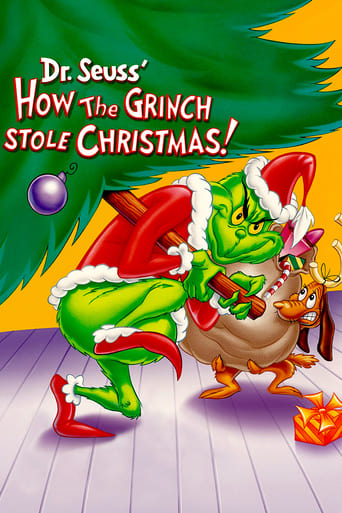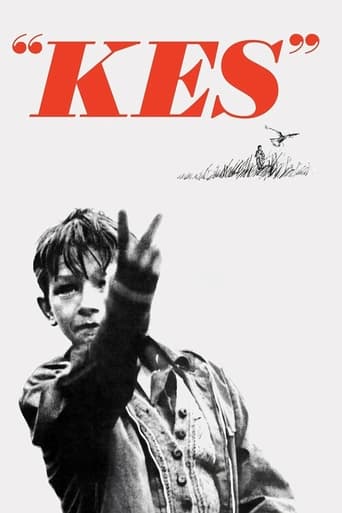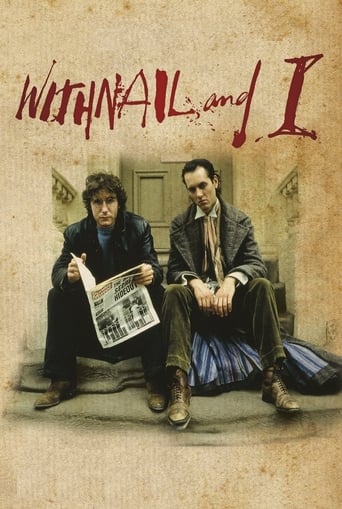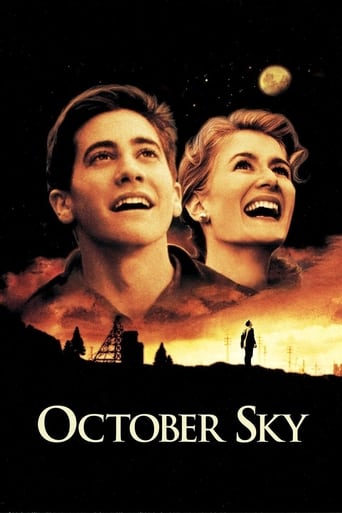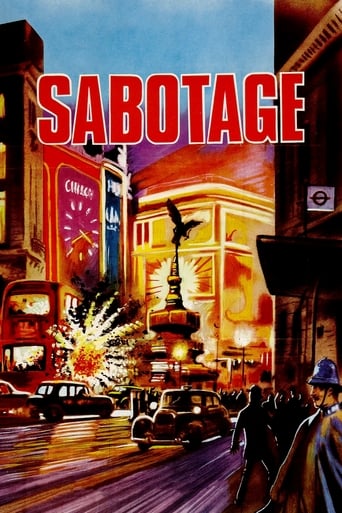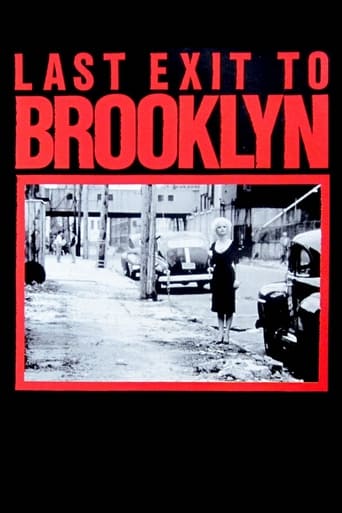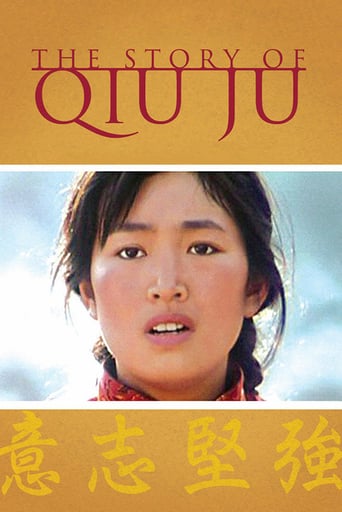
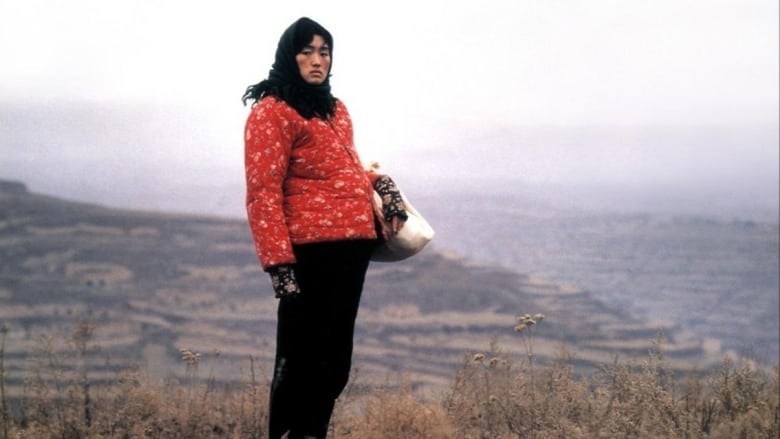
The Story of Qiu Ju (1993)
When her husband is kicked in the groin by the village head, Qiu Ju, a peasant woman, despite her pregnancy, travels to a nearby town, and later a big city to deal with its bureaucrats and find justice.
Watch Trailer
Cast


Similar titles
Reviews
In China, there are a lot of films about rural stories, they delivered audience the impression of Chinese country life, and the honest but obstinate personality of people living there. The film The Story of Qiu Ju is one of the masterpiece directed by Zhang Yimou in 1992, describes an ordinary rural woman, Qiu Ju, who has similar personality as others born and live in countryside, despite she is more stubborn and persistence. Her strong personality is related with the influence of the opening-up and reform policy of the day, women have the awareness to seek for justice. In fact, most of Chinese films talk about political implicitly, especially at the year of 90's. In The story of Qiu Ju, we can see the difficulty of find justice under the old bureaucracy in China. In order to find righteousness,Qiu Ju, a woman from China's undeveloped area, small village of Shaanxi, when her new married husband is kicked in the groin by the village head, she goes to the closest town, then the bigger city to try to deal with the bureaucrats and find justice in spite of her pregnancy.The story of Qiu Ju is a Chinese comedy-drama film, the genre category is established based on the storyline. For the character delineation, I think Zhang Yimou express the personality of the characters with some connotative details. Especially Qiu Ju, at the beginning of the film, crowed people walking towards the camera, Qiu Ju is one of them, ordinary and common. I think her name Qiu Ju also have same meaning, Qiu Ju means autumn chrysanthemum in Chinese, which can be seen every where and have Strong vitality. However, Qiu Ju is stubborn, but she is also humble and timid. The long take of the old man ask money for writing indictment, the pedicab driver fraud Qiu Ju's money, which shows her cowardice. Also, we can see her determination to find justice, no matter how much it takes. It is quite uncommon for a poor rural woman. The delineation of the village head is also great. Most scenes about him was shoot in his home with high angle, he was squat while Qiu Ju standing in front of him. He is not that kind of village head, which lean on the position and bullying villager. But as every government officer in China, he do not want give what Qiu Ju need because of saving face. I think he saves Qiu Ju and her son's lives not due to he forgive Qiu Ju's stubborn, but the responsibility of a village head. He need every villager respect him. Moreover, the scene did show but we all clear, he had an argument with Qiu Ju's husband, because he was insulted due to he have four daughters but no son. In traditional Chinese concept, son preference rooted in every people's mind. We can see a warmhearted but too proud village head according to these scenes. Also, I believe one of the reason push Qiu Ju insist to find justice is because she is pregnant but she can not sure if it is a boy.The narrative approach is based on the time line, the development of the story. The story was happened in a harvest autumn to cold and snowing Shaanxi winter until they celebrating New Year, one more evidence is during Qiu Ju's pregnancy to she give birth to her son, straight forward from what happened to the end. The cinematographic style is as simplicity as the characters. Most of scenes took by long shoot, and according to Zhang Yimou, he took candid snapshot in order to keep the villagers acting naturally. One thing need to mention about cinematographic style is the close-up of Qiu Ju's face. Her face expresses multiple emotions after she knew the village head is caught then run after the police whistle, which are surprise, unbelievable, awkward and sense of loss. She is seeking for an impartial end, not money, not this one either.To sum up, the film is a story of bureaucracy and ordinary people, traditional code of conduct and the law. Every time I saw Qiu Ju walking on the white snowing country road, then get free ride to the town and city, I was touched and wondering how long will rural people live in China will go through to get justice. As Zhang Yimou said about the film, every person in this film is good and decent, but the result is not. In most cases, the law can give us justice, but it does not comfort our heart, and the atmosphere of forgiveness. The most important thing in human's relationship is understanding. However, the officers in this film is all kind and dedicated to helping Qiu Ju, I think is not common in China, there is barely no one like Yan. Maybe it is the way the director encourages rural people to find justice, just as Qiu Ju did.
After earning film festival awards and critical acclaim worldwide for his powerful tragedies, Director Zhang Yimou explores new themes in 'The Story of Qiu Ju.'Once again, he examines social injustice but this time avoids dark visions. The tone is ironic, but not angry or tragic, and the story often flashes with humor and wit. Some critics describe this film as a protest by Zhang Yimou against the Chinese government. Yet, the tale could be placed in any village in East Asia or, indeed, in any time and place one finds misunderstanding, wounded pride, conflict, and resolution.Gong Li, so beautiful in other films, reveals her acting versatility by portraying Qiu Ju (roughly pronounced as 'show chew'), as a hugely pregnant peasant. Gong Li had prepared for this role by living for months in a village of Northeast China to learn the local dialect and to get a feeling for this rural culture.The story begins when Qiu Ju demands an apology from her village chief, who had injured her husband during a quarrel with a blow to the groin. She goes to higher and higher levels of government in her appeals for this apology, even after her husband and others urge her to settle for money. At the end, after some surprises, she and the chief have both learned some life lessons. In the opening scene, Zhang Yimou draws us steadily into the rhythms and mood of the story when his camera gradually brings us past strolling pedestrians to introduce us to Qiu Ju and another peasant woman helping to push her disabled husband in a cart. We can see in this shot, and in other scenes, that bystanders were not aware what was going on.Some even give puzzled looks at the camera, adding to the film's gentle humor.Many other episodes gradually take us further into the culture and its story. For example, when Qiu Ju comes to the local government office to start her appeals, we first wait and watch while two teen-agers register their marriage. The district administrator has some fun by asking the shy youngsters if they will still love each other after their wedding night. After hearing Qiu Ju's story, this district administrator urges her to settle for cash from the village chief. Yet, she pushes onward, patiently assisted in this by her woman companion in appeals for an apology to higher and higher levels of government. One of the film's best portraits is of this little peasant woman quietly standing by Qiu Ju's side.She never questions nor complains; we all hope for friends like that.The film's quiet tone and slow pace also give us time to appreciate some underlying social criticisms. Qiu Ju hires a lawyer to write and deliver a petition to the court. He tells her he will make sure that justice is served. She seems impressed. 'So!! You get money to make sure the right thing is done. Being a lawyer is good!!'Yet, it doesn't turn out so well for her. The highest court in Xian, the provincial capital, has an impressive courtroom and set of procedures. Its jury of several judges collects testimony and ponders at length, but once again the verdict is upheld ..money but no apology. This seems to be the end of the tale. Some big surprises turn the story in a new direction. She and the chief next learn to respect each other, but See for yourself how it all turns out. You won't forget the vision of Qiu Ju at the end, bewildered and regretful, getting a verdict in her favor but that she did not want.Those who have lived in any East Asian village will understand why Qiu Ju was urged to take money but not force the chief to lose face. As one Chinese woman explained to me, ' .we and our families for generations lived too close to each other. We just had to get along. This was not always easy ..' She added that 'The Story of Qiu Ju' is the most understanding and affectionate portrait she had ever seen of the rural culture she knew as a child. Some Thai friends told me that the film also evoked childhood memories of their village life, where a Buddhist monk would arbitrate personal disputes and act to restore calm.PS: This film was made in 1992, after the ending of the Chinese cultural revolution enabled Zhang Yimou to enroll in the new Beijing Film Academy. Since then, he's made many films with worldwide renown, including 'Raise the Red Lantern' and 'Red Sorghum' with Gong Li and, more recently, 'Not One Less' and 'Hero'. You should be able to find 'Story of Qiu Ju' at any good video shop. It's already a classic.
Most Chinese movies are about victims of the culture or political system or how beautiful you men and women are kept apart or forced together by forces outside their control. This movie is completely different. It is a simple story about the ordinary Chinese people you can meet on the street and in their homes today and their ordinary lives. It is an amazingly accurate portrayal, unlike anything I have seen before. I only spent 3 weeks in China, but this movie brought back the feel of China, its people, and organizations.Qxi Ju wants an apology from the Chief of the commune for kicking her husband in the groin. This is a story about her travels from the commune to the big city to try to get action from various bureaucracies. Although she is treated kindly and with much respect by the bureaucrats, she never gets exactly what she wants. It is fun to watch naive country girl Qxi Ju quickly learn about master doing things in the big city.For me, the plot in this movie is secondary. It is each of the simple scenes that make this movie wonderful: The doctor's office is heated by a wood stove and the doctor chops the wood and feeds the fire. Qxi Ju's sister gives here a ride to town on the back of her bicycle on a snow covered unpaved road. They use dried chili peppers to trade for money to get a ride to the next town. Qxi Ju negotiates for the price of each thing she buys. The scenes all seem so realistic and beautifully photographed.Yimou Zhang also made "Raise the Red Lantern" which gets higher praise, but that movie is about a world that is harder for me to relate to. This movie is like real life and real people and China today.
This is a story about saving face and winning face, and what can happen if you carry things too far. Gong Li stars as Qiu Ju, a peasant woman with child whose husband is kicked in the groin by the local chief. She wants an apology. The chief of course will not apologize since he would then lose face. Both are stubborn and obstinate. Proud and determined, Qiu Ju steers her way through the bureaucracy from the village to the district to the city; but the thing she desires, an apology from the chief, eludes her. He cannot apologize because he has only sired daughters. He has license (he believes in his heart) because he was insulted by her husband who said he raised "only hens." The Chinese locales, from village roads to big city avenues are presented with stunning clarity so that the color and the sense of life is vivid and compelling. Director Zhang Yimou. forces us to see. From the opening shot of the mass of people in the city walking toward us (out of which emerges Qiu Ju) to the feast celebrating the child's first month of life near the end, we feel the humanity of the great mass of the Chinese people.In a sense this is a gentle satire of the bureaucratic state that modern China has become. But Zhang Yimou emphasizes the bounty of China and not its poverty. There is a sense of abundance with the corn drying in the eaves, the sheets of dough being cut into noodles, the fat cows on the roads and the bright red chili drying in the sun. There is snow on the ground and the roads are unpaved, but there is an idyllic feeling of warmth emanating from the people. One gets the idea that fairness and tolerance will prevail.In another sense, this is a parable about the price of things and how that differs from what is really of value. So often is price mentioned in the movie that I can tell you that a yuan at the time of the movie was worth about a dollar in its buying power. (Four and a half yuan for a "pound" of chili; five yuan as a fair price for a short cab ride; twenty yuan for a legal letter.) Getting justice in the strict sense is what Qiu Ju demands. Her affable husband would settle for a lot less. He is the wiser of the two. Notice how Qiu Ju is acutely sensitive to price. She bargains well and avoids most of the rip offs of the big city. But what is the value of being a member of the community? This is a lesson she needs to learn, and, as the movie ends, she does.(Note: Over 500 of my movie reviews are now available in my book "Cut to the Chaise Lounge or I Can't Believe I Swallowed the Remote!" Get it at Amazon!)


